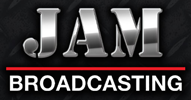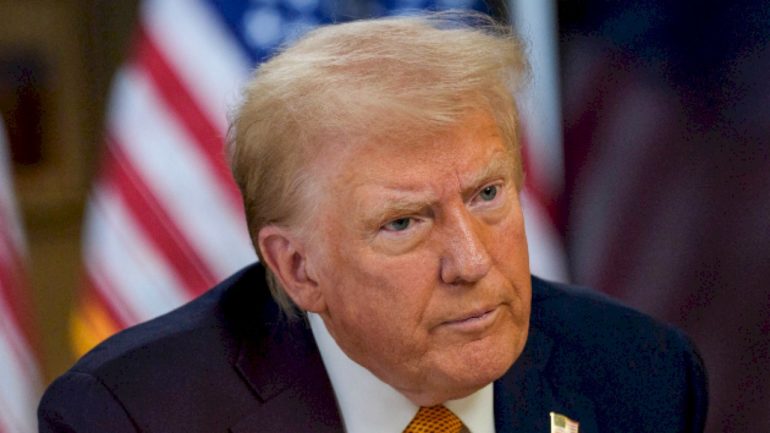Listeners:
Top listeners:
-
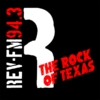 play_arrow
play_arrow
94.3 Rev-FM The Rock of Texas | Where Texas Rocks
-
 play_arrow
play_arrow
99.1 The Buck Texas Country's Number 1 Country
-
 play_arrow
play_arrow
103.7 MikeFM Your Texas Hill Country Mix Tape
-
 play_arrow
play_arrow
KERV 1230 AM
-
 play_arrow
play_arrow
JAM Sports 1 JAM Broadcasting Sports 1
-
 play_arrow
play_arrow
JAM Sports 2 JAM Broadcasting Sports 2
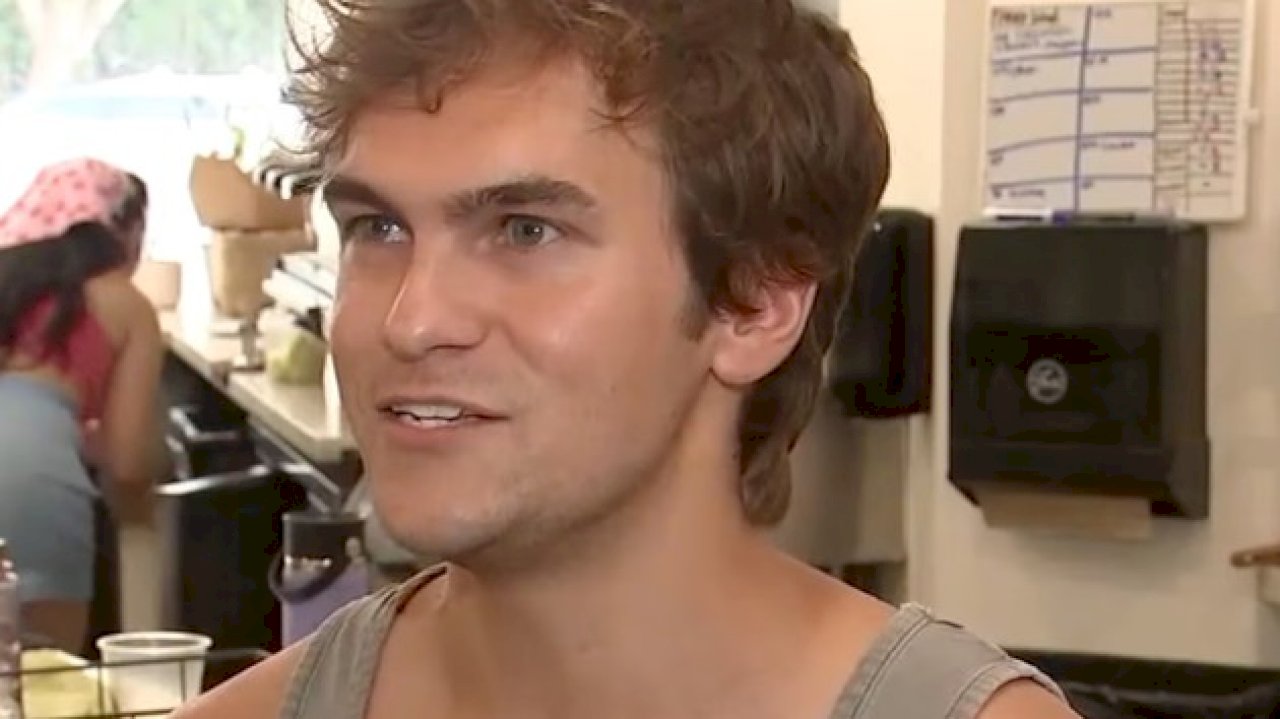
(NEW YORK) — Americans’ love affair with coffee and chocolate could soon get a lot more expensive.
Baristas and confectioners say the beans they need to make their products are mostly grown in countries targeted by the Trump administration’s tariffs.
According to the U.S. Department of Agriculture, the United States is the world’s second-largest importer of coffee. In a reflection of how much Americans love chocolate, U.S. businesses import about $5 billion worth of cocoa beans a year, according to the USDA.
Some owners of small businesses dealing in coffee and confections say they fear the tariffs imposed by President Donald Trump will leave them with no choice but to pass the added costs on to their customers.
“So while the tariffs are being imposed to try to up the production of goods in the United States, that’s a good we just simply cannot make in the United States,” Marcus Wells, a barista at Float Coffee in Hollywood, California, told ABC Los Angeles Station KABC of the coffee beans he imports from Central and South American countries that are currently are under a 10% baseline tariff imposed by the Trump administration.
Trump announced on Wednesday that he was pausing reciprocal tariffs on most countries for 90 days, except China.
Wells said the baseline tariff of 10% will likely translate to a 10% increase in a cup of coffee at his shop.
“We’re always looking for ways to maintain customers and it’s hard to do that when you’re constantly having to raise prices in order to keep your business open,” Wells said.
Cason Crane, CEO of Explorer Cold Brew, a company that sells bottled and canned coffee at stores across the nation, told ABC News that he hopes the 90-day pause will allow enough time for countries to negotiate deals with the White House to stave off the higher reciprocal tariffs.
“Coffee has actually been exempt from tariffs in the United States since the 1800s. So, my hope is that, with this 90-day pause, while it’s not ideal to still have 10% tariffs, that the administration can negotiate some more targeted deals that recognize things like the United States cannot grow coffee outside of Hawaii or Puerto Rico, which account for half a percent of worldwide coffee production,” Crane said.
Before Trump put a pause on reciprocal tariffs on Wednesday, Bill Ackman, the billionaire CEO of the hedge fund Pershing Square Capital Management and a supporter of Trump, posted a lengthy message on social media, saying, “If the president doesn’t pause the effects of the tariffs soon, many small businesses will go bankrupt.”
In his post, Ackman shared an email he received from Crane, whose company he has invested in. In the email, Crane said the price of glass bottles he sources from China for his coffee will go up 50%, while chai sourced from India will increase by 26% and coffee imported from Ethiopia, Peru and Canada will climb by 10%.
“Will my clients tolerate a near doubling of their contract costs overnight, or will they expect me to absorb the increases my vendors are already threatening?” Crane wrote in the email. “If clients resist price hikes and my employees demand higher wages to offset their rising cost of living, we end up in a lose-lose scenario — no spending and no jobs.”
On Thursday, Crane told ABC News that he likely won’t be able to raise prices.
“Small businesses have way fewer options than big businesses. We don’t really have the capability to raise our prices,” Crane said. “Think about going to a farmers market; you’re already paying a little bit more. So, we’re already priced at the top range and we don’t really have the power to negotiate with our suppliers like the big businesses do. So the best I can do is keep holding on and hope for a better policy, and urge people to look out for those small businesses.”
New Hampshire chocolatier Richard Tango-Lowy, owner of Dancing Lion Chocolate in Manchester, said he imports some of his cocoa beans from Vietnam, which Trump says faces a 46% reciprocal tariff if it doesn’t bargain with the White House. Tango-Lowy said he also gets beans from Bolivia, which is subject to the baseline 10% tariff.
“We have about 600 kilos of beans on the way from Bolivia. We have no idea what they will cost right now,” Tango-Lowy told ABC affiliate station WMUR in Manchester.
Tango-Lowy said much of his packaging comes from Hong Kong, which is subject to China’s tariffs.
“We work domestically where we can, but a lot of what we do is not available domestically,” Tango-Lowy said. “It just doesn’t exist.”
Tango-Lowy is bracing to have to absorb the tariffs, saying, “We’re going to need the beans at some point.”
As food and beverage companies contemplate if they will or can’t cover the tariffs without raising prices on customers, Andrew Sinclair, owner of Mad Lab Coffee in Los Angeles, said his prices will stay the same.
“If you had to pay $9 for a cup of coffee I probably wouldn’t see you every day, and I like seeing people every day,” Sinclair told KABC. “So we’re going to keep our prices the same.”
Sinclair said he trusts his longstanding partnerships with growers in Colombia and Ethiopia will help him weather the economic turmoil.
“If you can afford a good cup of coffee, go to your local coffee shop and grab a good cup of coffee,” Sinclair said. “And if you can’t afford it, please don’t buy a cup of coffee and end up not being able to pay your rent. That’s just not responsible.”
Copyright © 2025, ABC Audio. All rights reserved.
Written by: ABC News
Similar posts
-
Top popular

Ingram man charged with murder after fatal shooting

Kerr Crime Stoppers offering reward up to $5,000 for information in last week’s non-viable school threat

KISD asks parents to communicate with children about words and actions after ‘copy cat’ threat note found at middle school

City of Kerrville Parks and Recreation reminds citizens that a Red Flag Warning is in effect until further notice
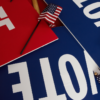
City of Kerrville says that May 7 General and Special Elections will proceed

